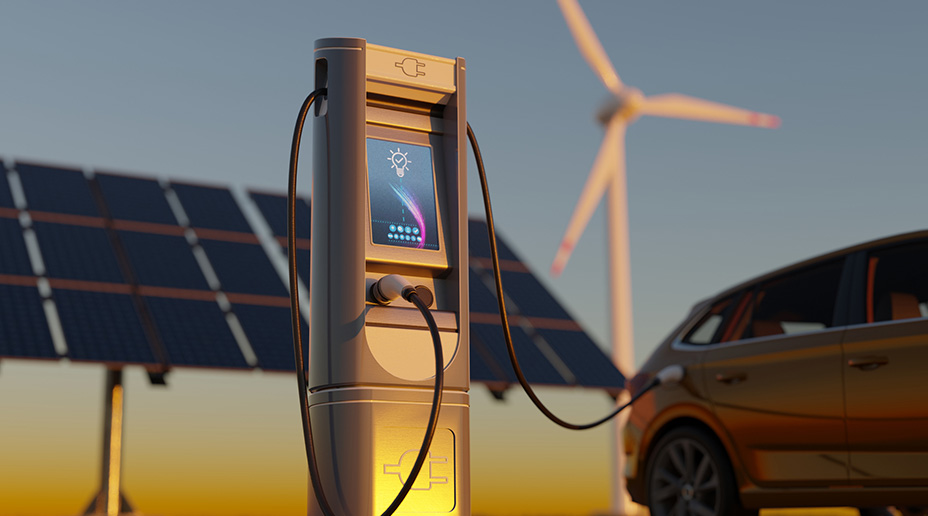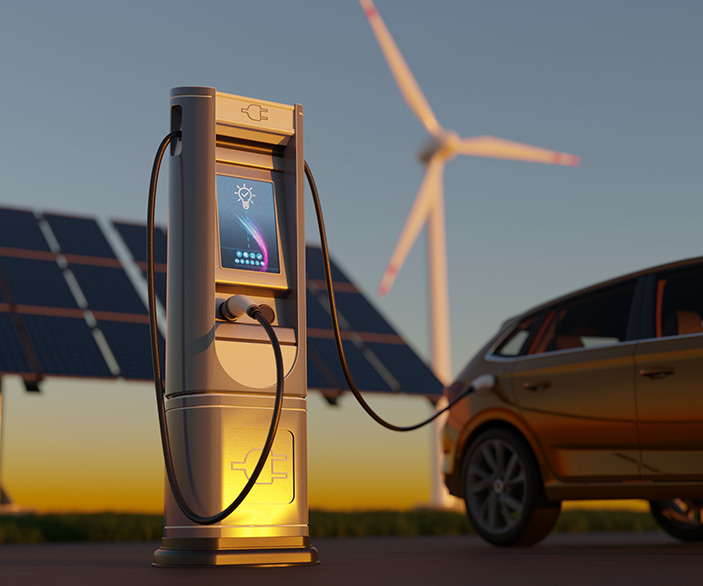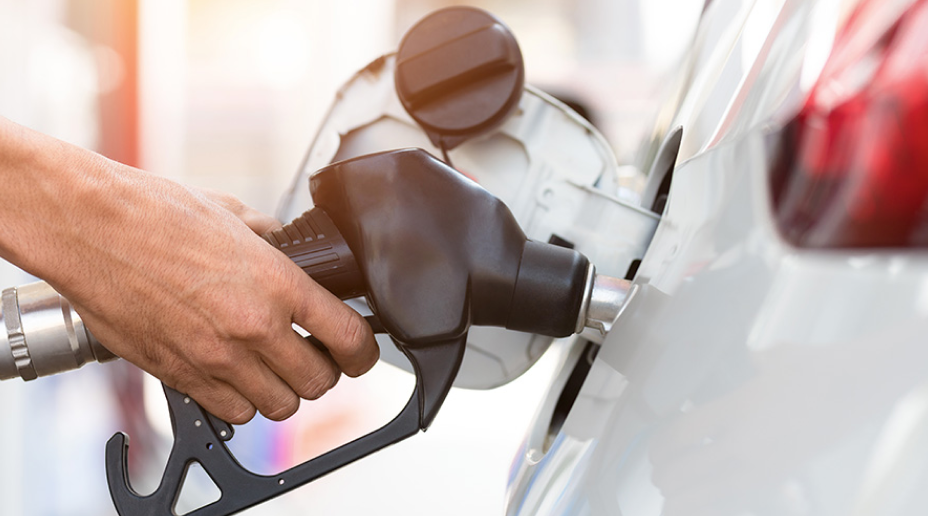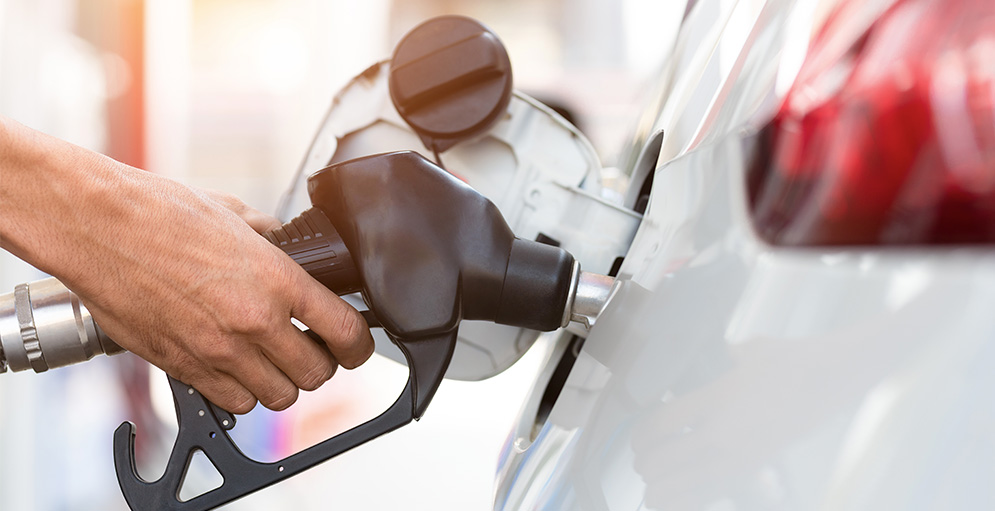A short guide to electric cars
Thinking about an electric car and need some help choosing? Look no further.
What is an electric car or electric vehicle (EV)?
An electric car (EV) is a vehicle that runs off a battery so instead of filling up with petrol or diesel, you plug it in to a charger.
This probably isn’t news to you as there’s been a massive increase in popularity in terms of both buying and producing electric and hybrid vehicles. They don’t release as many harmful gases and are thought to be much better for the environment than petrol or diesel cars. But it can be hard to navigate this new car market to find the best electric car for you.

Types of electric cars
A plug-in hybrid has both an electric battery and a petrol or diesel combustion engine. Similar to BEVs, the car must be plugged in to charge – usually much more often than a fully electric vehicle, due to the battery’s reduced size. Depending on the model, PHEVs normally use their electric charge before switching to combustion.
While PHEVs offer a balance of range (petrol) and sustainability (electric), they still produce a significant amount of CO₂ emissions, which could shift your focus towards pure electric vehicles.
Should I buy an electric car?
Although EVs tend to carry a higher initial price, drivers can save money in the long run. Not only are they cheaper to run without having to pay for petrol or diesel, but they’re also generally much more efficient than combustion vehicles.
Similarly, because of the lack of combustion engine and connected internal systems, electric and hybrid models have fewer moving parts than traditional vehicles, so they’re less likely to break down and accumulate high repair costs.
Overall, it’s a good idea to work out electric vehicle prices, running costs and expected efficiency, and compare that to your budget and lifestyle before making your decision.
Getting electric vehicle insurance
You may be able to insure an EV under a traditional car insurance policy but some people prefer to take out specific electric vehicle insurance to protect their car. With Allianz Car Insurance you manage your policy yourself online, so it’s fast, flexible and you can make changes without admin fees.



























